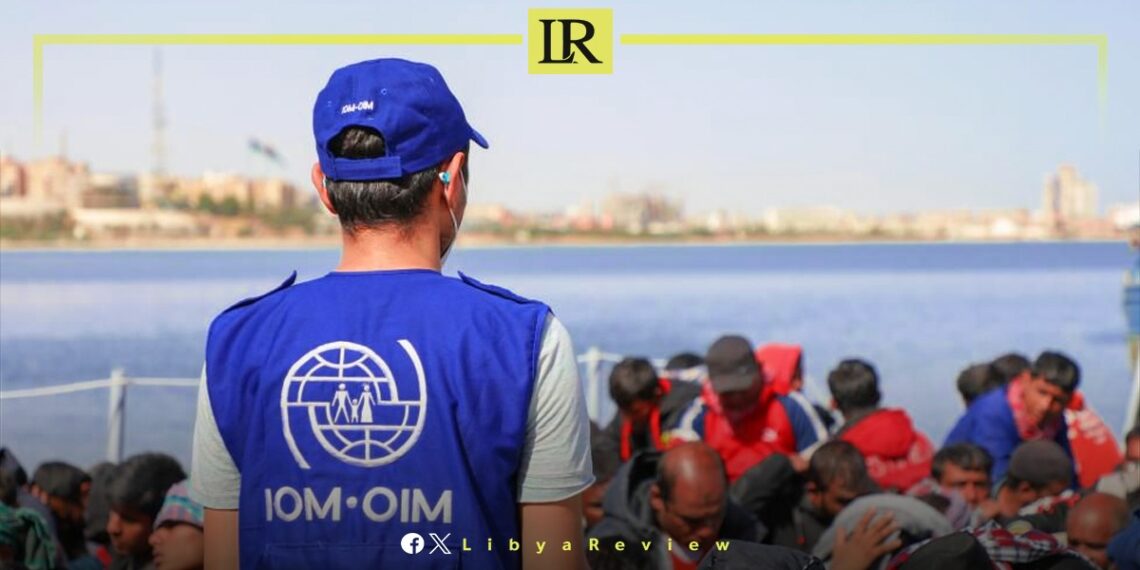On Saturday, the International Organization for Migration (IOM) announced that 7,100 migrants have been forcibly returned to Libya from the Mediterranean Sea so far this year. This figure includes 241 migrants the Libyan Coast Guard intercepted between June 2 and June 8.
The IOM’s report underscores a growing humanitarian crisis as increasing numbers of migrants attempt the perilous journey across the Mediterranean in search of better European opportunities. Interceptions often result in forced returns to Libya, where migrants face severe conditions in detention centers.
Tragically, the IOM also reports 282 deaths and 449 missing persons in the Mediterranean during the first half of 2024. These figures highlight the deadly risks associated with this migration route and the urgent need for comprehensive international solutions.
The Central Mediterranean route, primarily used by migrants departing from Libya, is one of the deadliest maritime migration routes in the world. Migrants, often fleeing conflict, poverty, and persecution, embark on dangerous journeys across the sea, hoping to reach European shores.
Libya’s strategic location has made it a major departure point, but the country’s political instability and ongoing conflict have led to severe human rights abuses against migrants. Detainees in Libyan centers frequently face overcrowding, lack of medical care, and abuse. Human rights organizations have repeatedly called for an end to these practices and to establish safer migration pathways.
The international community has faced criticism for its handling of the migration crisis. European Union (EU) policies, involving cooperation with the Libyan Coast Guard to intercept and return migrants, have been particularly contentious. Humanitarian organizations argue that these policies contribute to the cycle of abuse and exploitation.
The IOM and other international bodies are advocating for increased support to improve conditions in Libya and for the establishment of legal and safe routes for migrants and refugees. The organization calls for enhanced search and rescue operations and stresses the importance of addressing the root causes of migration, including conflict and poverty in the migrants’ countries of origin.
The ongoing migration crisis in the Mediterranean remains a complex and multifaceted challenge requiring urgent and coordinated international efforts. The IOM’s latest figures serve as a stark reminder of the human cost of current policies and the critical need for humane and effective solutions to protect the rights and lives of migrants.


